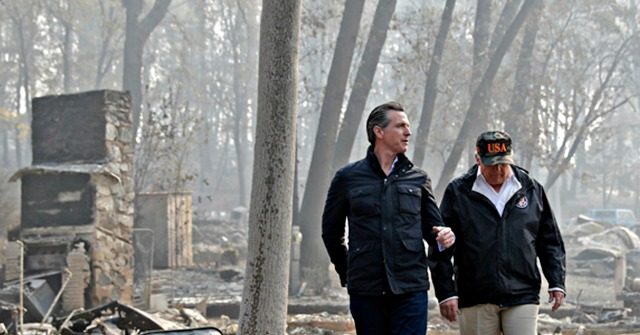- Sep 16, 2012
- 14,131
- 14,475
- 2,405
“…..For the third year in a row, residents of northeastern Siberia are reeling from the worst wildfires they can remember, and many are left feeling helpless, angry and alone.
They endure the coldest winters outside Antarctica with little complaint. But in recent years, summer temperatures in the Russian Arctic have gone as high as 100 degrees, feeding enormous blazes that thaw what was once permanently frozen ground.
Last year, wildfires scorched more than 60,000 square miles of forest and tundra, an area the size of Florida. That is more than four times the area that burned in the United States during its devastating 2020 fire season. This year, more than 30,000 square miles have already burned in Russia, according to government statistics, with the region only two weeks into its peak fire season.
Scientists say that the huge fires have been made possible by the extraordinary summer heat in recent years in northern Siberia, which has been warming faster than just about any other part of the world. And the impact may be felt far from Siberia. The fires may potentially accelerate climate change by releasing enormous quantities of greenhouse gases and destroying Russia’s vast boreal forests, which absorb carbon out of the atmosphere.
Last year, the record-setting fires in the remote Siberian region of Yakutia released roughly as much carbon dioxide as did all the fuel consumption in Mexico in 2018, according to Mark Parrington, a senior scientist at the Copernicus Atmosphere Monitoring Service in Reading, England.”

 www.nytimes.com
www.nytimes.com
An area larger than Florida burned last year in Siberia. Think about it. This year another 30,000 square miles so far and the fire season has barely begun.
The ramifications fo climate change are coming at us like a freight train. Let us not leave our children with this mess and start the hard work to fix it.
They endure the coldest winters outside Antarctica with little complaint. But in recent years, summer temperatures in the Russian Arctic have gone as high as 100 degrees, feeding enormous blazes that thaw what was once permanently frozen ground.
Last year, wildfires scorched more than 60,000 square miles of forest and tundra, an area the size of Florida. That is more than four times the area that burned in the United States during its devastating 2020 fire season. This year, more than 30,000 square miles have already burned in Russia, according to government statistics, with the region only two weeks into its peak fire season.
Scientists say that the huge fires have been made possible by the extraordinary summer heat in recent years in northern Siberia, which has been warming faster than just about any other part of the world. And the impact may be felt far from Siberia. The fires may potentially accelerate climate change by releasing enormous quantities of greenhouse gases and destroying Russia’s vast boreal forests, which absorb carbon out of the atmosphere.
Last year, the record-setting fires in the remote Siberian region of Yakutia released roughly as much carbon dioxide as did all the fuel consumption in Mexico in 2018, according to Mark Parrington, a senior scientist at the Copernicus Atmosphere Monitoring Service in Reading, England.”

As Frozen Land Burns, Siberia Fears: ‘If We Don’t Have the Forest, We Don’t Have Life’ (Published 2021)
Northeastern Siberia is a place where people take Arctic temperatures in stride. But 100-degree days are another matter entirely.
An area larger than Florida burned last year in Siberia. Think about it. This year another 30,000 square miles so far and the fire season has barely begun.
The ramifications fo climate change are coming at us like a freight train. Let us not leave our children with this mess and start the hard work to fix it.
Last edited:


